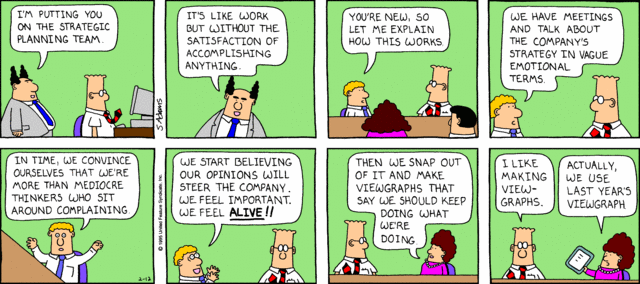Leading strangers
 Choosing a word that begins with the letter x in the blogging challenge took less than two minutes thanks to the speed of search engines and this internet connection. I will confess that xenagogue isn't in my daily vocabulary, though the definition certainly is by activity.
Choosing a word that begins with the letter x in the blogging challenge took less than two minutes thanks to the speed of search engines and this internet connection. I will confess that xenagogue isn't in my daily vocabulary, though the definition certainly is by activity. "From Greek, to lead, leading; bring, take; plus a “guest” or stranger. A reference to someone who conducts strangers or foreigners; a tour guide."
In fact, even knowing the definition I still wouldn't use it. It does however describe part of my life philosophy. I wonder how often in the unending list of tasks we have to accomplish we miss opportunities to have a positive impact on someone's life through simple gestures. The internal nature of our thinking leaves us mostly oblivious to the external conditions and needs of those we pass on the sidewalk, in the halls of our organizations, or out in the community.
We're aware enough to answer the obligatory surface of "hi" or "how are you" with "fine, thank you" and keep right on moving. Why not try today, paying more attention to the external over the internal? See how many doors you can open, or smiles you can share, or hands you can lend to someone who's overloaded. Or answering that surface level conversations honestly and sincerely asking the conversationalist how they're really doing? If you haven't got ten or twenty minutes to have either an honest listening experience with someone else, or the ability to share what's percolating inside of you, you clearly have too much going on and need to cut back. Just a thought.

The reason it isn't a word I'd ever use ties back to the gap I continually see between academia and the business world, whether for profit or nonprofit. Last spring when I was preparing the presentation for the Organization Design Forum on Bridging the Gap Between Theory and Practice, my co-presenter and I had a constructive conflict discussion regarding terminology.
She wanted to use the official terminology of the then 4 I's (now 5 I's) of transformational leadership: Inspirational Motivation, Idealized Influence, Intellectual Stimulation and Individualized Consideration. I was using the words: Trust, Symbols/Myths, Learning Culture and Relationships. As she strongly objected, I simply stated: "If I spoke to my business leading or owning clients in those academic terms, they'd look at me sidewise and I'd lose them. But whether I'm talking to leaders, managers or employees, they all understand what I'm saying with these words that mean the same thing." We have to communicate in language our audience can relate to, rather than trying to exhibit the depth and wisdom of our vocabulary, no matter where we're leading.
As Dan Pink states in his Flip-Manifesto that I've discussed recently: "For God's Sake, Talk Like a Human Being."
Amen to that. I wonder who I can help today? And if you have the opportunity, I hope you will too.



Comments
Post a Comment
Thank you for sharing your worldview.